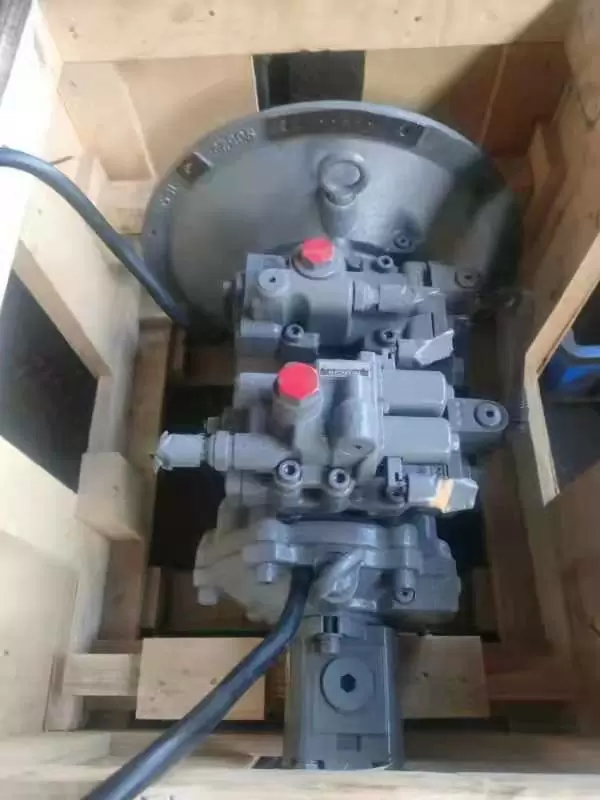Some common problems that can occur with hydraulic pumps include:
Cavitation: Cavitation happens when the pump’s inlet pressure drops too low, causing the formation of vapor bubbles in the hydraulic fluid. This can lead to reduced pump performance, increased noise, and potential damage to the pump components.
Leakage: Hydraulic pumps rely on tight seals to prevent fluid leakage. Over time, seals can wear out or become damaged, leading to fluid leakage. This can result in reduced pump efficiency, loss of pressure, and potential contamination of the surrounding environment.
Overheating: Hydraulic pumps generate heat during operation. If the heat is not properly dissipated, it can lead to overheating of the pump and the hydraulic system. Overheating can cause fluid degradation, reduced pump performance, and potential damage to the pump and other system components.
Vibration and Noise: Excessive vibration and noise can indicate issues with the hydraulic pump. This can be caused by misalignment, worn bearings, unbalanced components, or cavitation. Excessive vibration and noise can lead to premature wear and failure of the pump.
Contamination: Contamination of the hydraulic fluid can occur due to various factors, such as dirt, debris, water, or degraded fluid. Contaminants can cause damage to pump components, reduce pump efficiency, and lead to system malfunctions.
Loss of Performance: Over time, hydraulic pumps can experience a decrease in performance due to wear and tear of internal components. This can result in reduced flow rate, decreased pressure, and overall decreased efficiency of the pump.
Regular maintenance, including proper lubrication, inspection of seals and fittings, monitoring fluid levels and cleanliness, and addressing any issues promptly, can help prevent and mitigate these common problems with hydraulic pumps.



